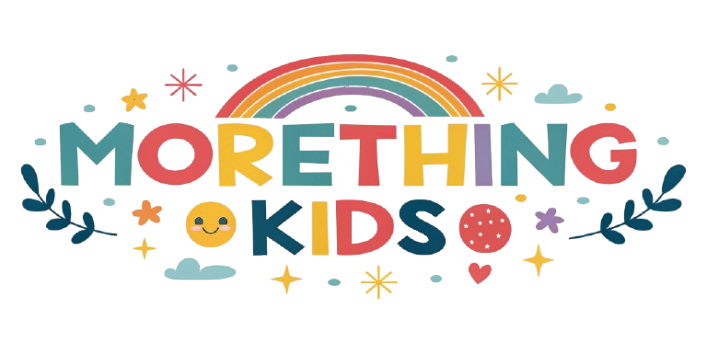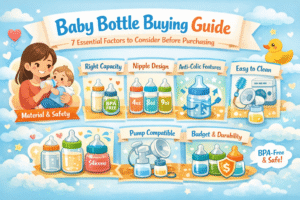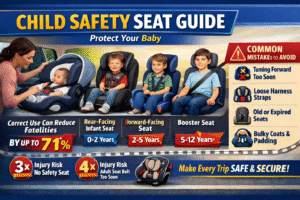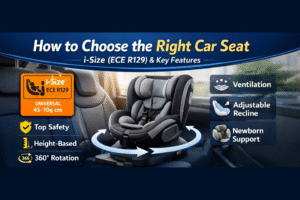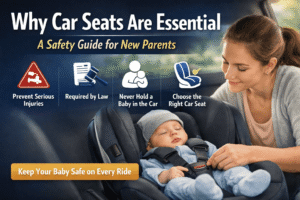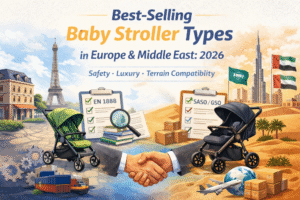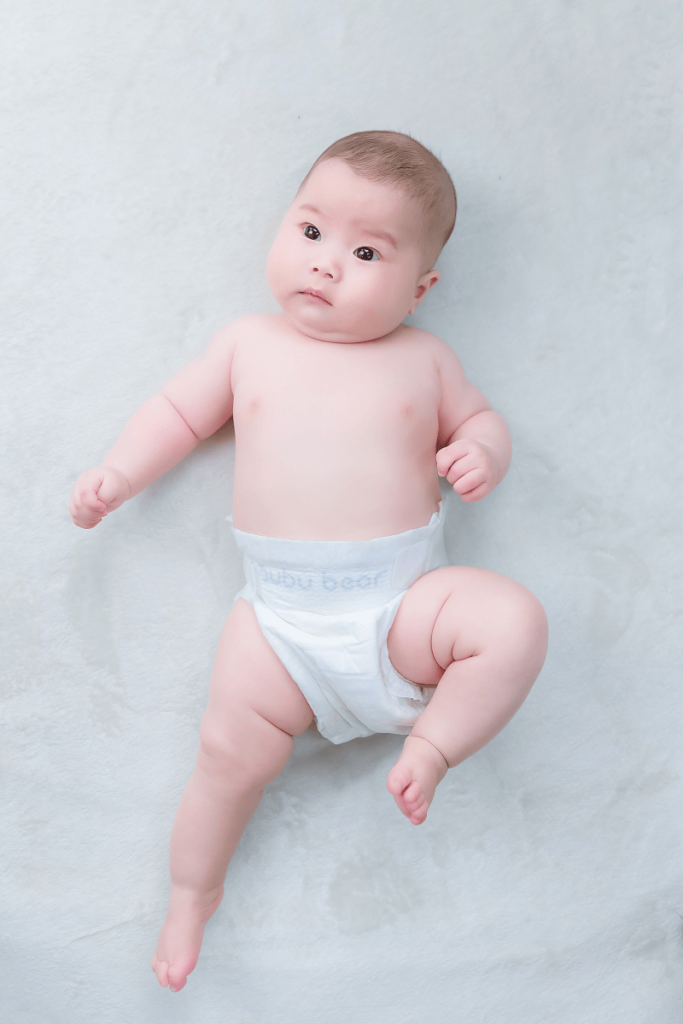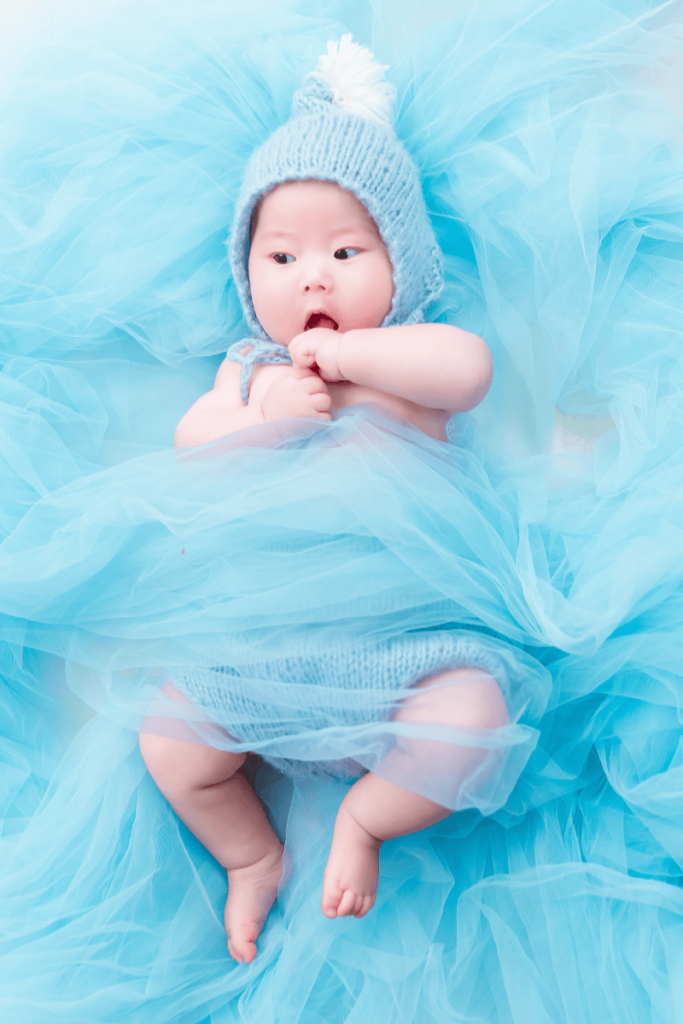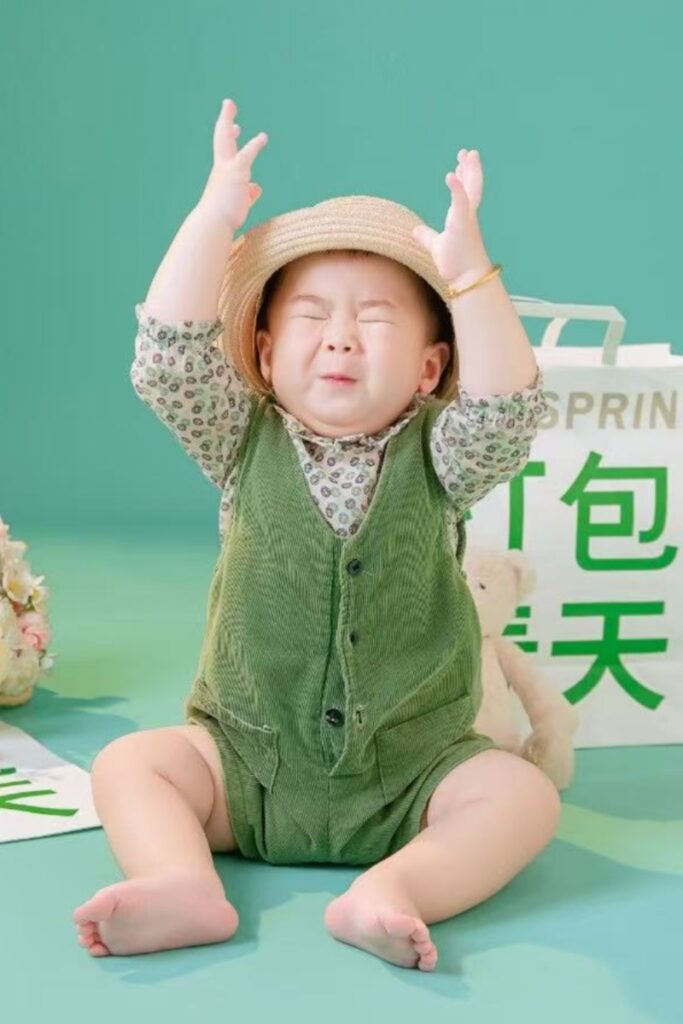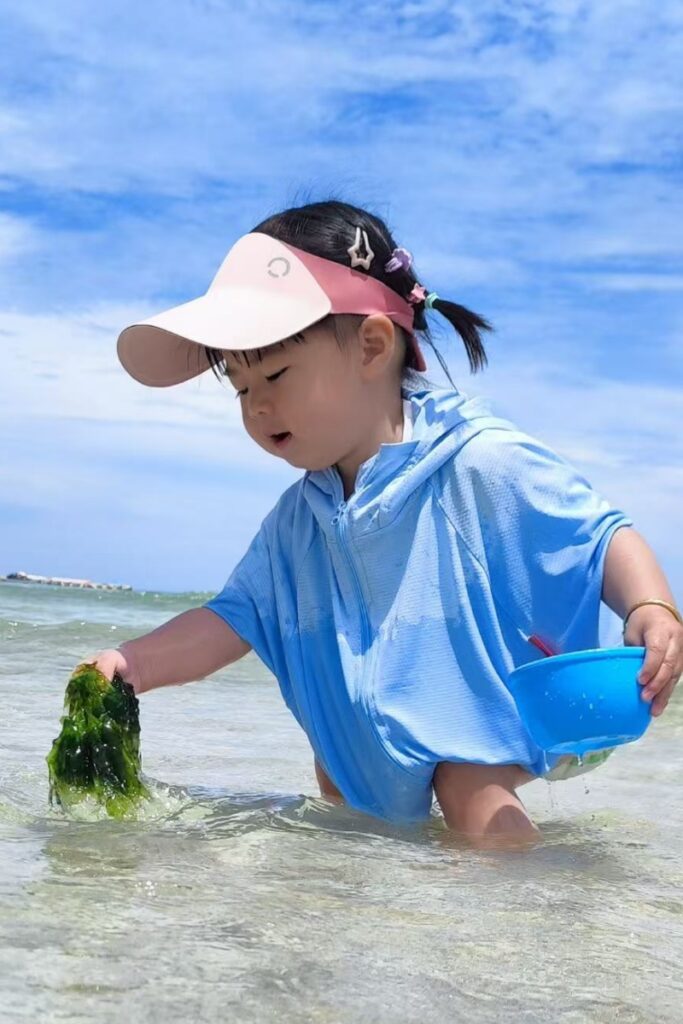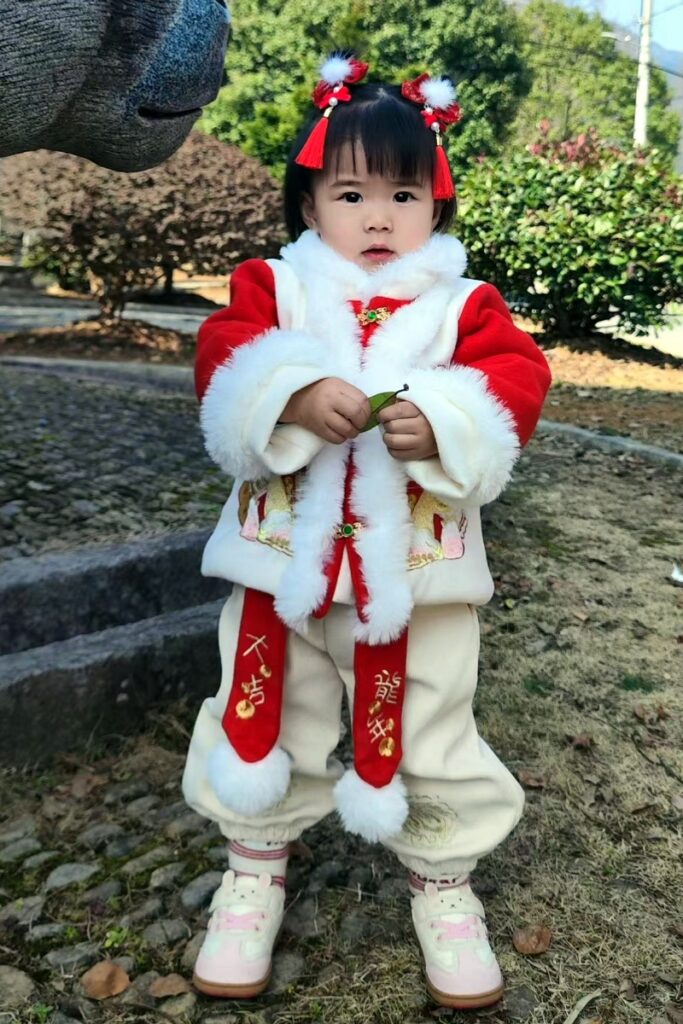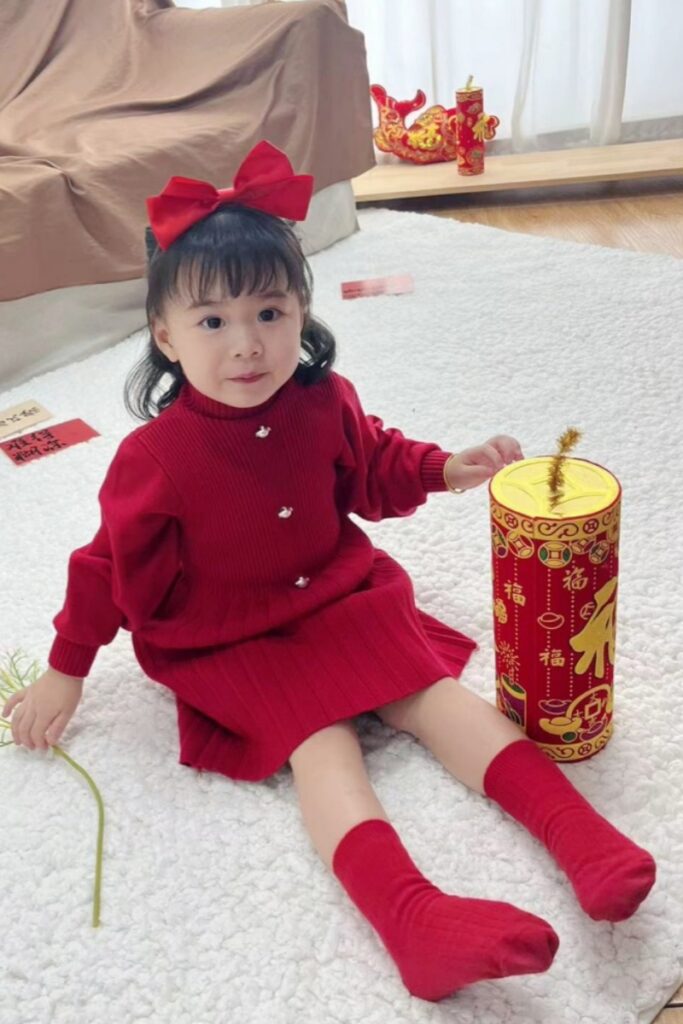As a buyer in the overseas maternity and baby industry, choosing a foreign trade company instead of directly dealing with factories is based on the industry’s unique characteristics and critical risk control needs. Here are 8 core reasons and practical strategies:
1. Stringent Compliance Assurance
- Certification Matrix Management: Maternity and baby products must comply with multiple certifications, such as CPSC (USA), EN71 (EU), and CCC (China).
- Case Study: A German buyer purchasing baby bottles—The foreign trade company coordinated with the factory to adjust materials to BPA-free and completed FDA + LFGB dual certification within 72 hours.
- Regulatory Alerts: Real-time monitoring of new regulations in target markets (e.g., the updated EU crib side panel spacing standard in 2023), enabling proactive production adjustments 3-6 months in advance.
2. Product Safety Assurance Mechanism
- Three-Tier Quality Control System:
- Heavy metal testing of raw materials (e.g., lead content ≤ 90ppm).
- Tensile strength testing during production (e.g., baby teething toys must withstand 50N force without breaking).
- Choking hazard simulation before shipment (small parts must pass through a 3.5cm × 6cm test cylinder).
- Compensation Commitment: Leading foreign trade companies provide a “48-hour replacement + recall cost coverage” clause for quality issues.
3. Integrated Multi-Category Supply
- Scenario: Procuring baby gift sets requires integrating apparel (Zhejiang) + care products (Guangdong) + toys (Shandong). Foreign trade companies can:
- Coordinate across factories: Unified packaging design and logistics batch management.
- Optimize costs: Order consolidation reduces overall procurement costs by 18%-22%.
- Data: When baby product sets involve more than three factories, foreign trade company management can increase on-time delivery rates from 67% to 92%.
4. Rapid Design Response
- Accelerated IP Licensing: Foreign trade companies often have strategic partnerships with Disney, Paw Patrol, and other IP licensors, shortening authorization periods to 2-4 weeks (compared to 8-12 weeks for direct factory sourcing).
- 3D Sampling Capabilities: For maternity and baby products (e.g., silicone bibs), they offer 3D models within 24 hours and physical samples within 72 hours, which is three times faster than standard factory timelines.
5. Flexible Supply Chain Support
- Low MOQ & Quick Response: Supports MOQ of 300 units per mixed order (e.g., 100 rompers + 200 bibs), bypassing factory restrictions of 1,000 units per item.
- Emergency Restocking: Through shared warehousing systems, foreign trade companies can source inventory from other clients, reducing replenishment cycles to 5-7 days during peak seasons.
6. Temperature-Controlled Logistics
- Sensitive Product Shipping: For baby liquids (e.g., baby oil, shampoo):
- Temperature-controlled containers (20-25°C).
- Avoiding Middle East routes due to deck temperatures exceeding 50°C.
- Cost Comparison: Due to larger shipment volumes, foreign trade companies can reduce temperature-controlled logistics costs by 25% compared to direct factory shipping.
7. Cultural Adaptation & Localization
- Localized Packaging:
- Removing cartoon faces from baby clothing exported to Arab countries.
- Reducing diaper packaging sizes for the Japanese market to fit convenience store shelves.
- Optimized Instruction Manuals: Professionally designed multi-language illustrated manuals reduce after-sales inquiries by 30%.
8. Data-Driven Product Selection
- Trend Forecasting: Utilizing Amazon Best Seller + Google Trend data to recommend high-potential categories (e.g., in 2024, organic cotton swaddle blankets saw a 140% YoY search increase).
- Inventory Alerts: Smart systems track sales cycles, automatically triggering restocking or clearance (e.g., baby cooling mats activate restocking alerts 8 weeks before summer).
When Should You Source Directly from Factories?
- When procuring large-volume standardized products (e.g., non-woven fabric for baby wipes) with an annual purchase volume exceeding $8 million.
- When requiring patented technology cooperation (e.g., developing proprietary anti-colic baby bottles).
- When having an on-the-ground QC team and compliance experts in China.
Decision Matrix: A foreign trade company adds significant value when meeting 3+ of these conditions:
✅ Involves multi-category bundled products.
✅ The target market has strict certification requirements.
✅ The order requires IP licensing.
✅ No in-house QC team in China.
Key Data:
- Sourcing baby products through a foreign trade company reduces quality disputes by 65% compared to direct factory sourcing (Source: 2023 Global Maternity & Baby Procurement White Paper).
- Utilizing a foreign trade company’s shared certification pool saves an average of $1,200-$1,800 per product in compliance costs.
A foreign trade company essentially serves as a “compliance guardian + design consultant + supply chain command center”. Especially in the high-sensitivity, high-responsibility maternity and baby industry, its risk mitigation value far outweighs intermediary costs.
